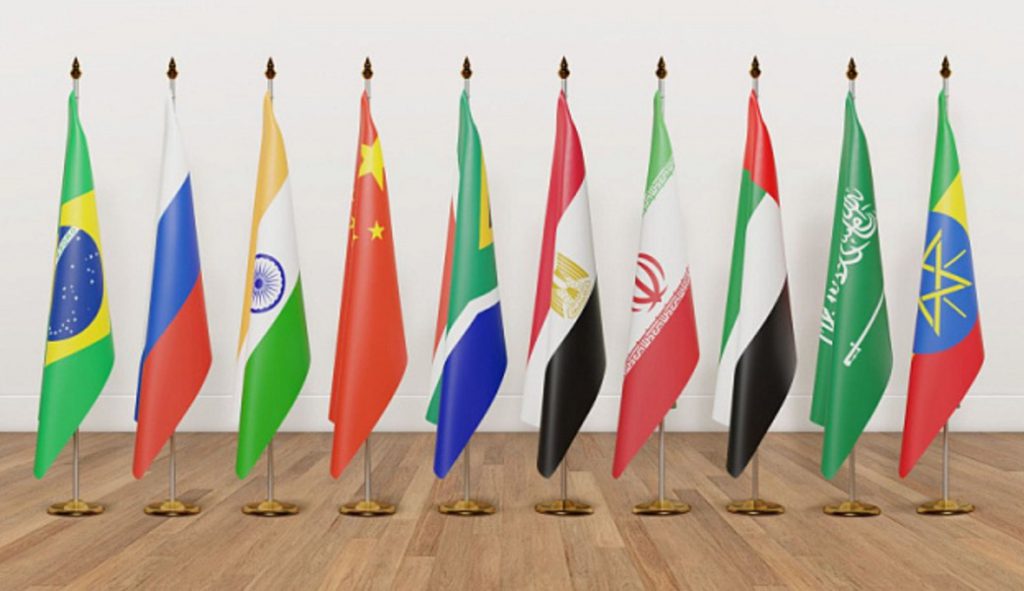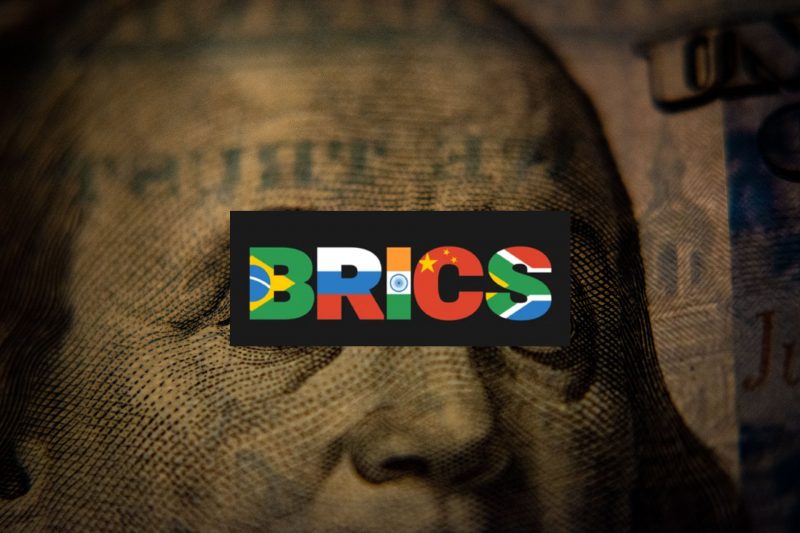The BRICS alliance has moved away from rhetoric and is quietly pushing its agenda without noise under the Trump administration. The bloc remained vocal against the weaponization of the US dollar under Biden’s regime. BRICS remained committed to de-dollarization, but the idea stalled after Trump took office in January,
Threats to drop the US dollar for trade and transactions peaked under Biden, and the alliance is silent under Trump, so much so that they barely mentioned the words ‘BRICS currency’ and ‘de-dollarization’ during the 2025 summit in Brazil’s Rio de Janeiro. The group feared further tariffs from Trump if they brought up the topic.
Also Read: Move Aside BRICS, Saudi Arabia Commits $1 Trillion to the US
BRICS 2026 Summit To Resume De-Dollarization 2.0?


Russian Deputy Foreign Minister Sergey Ryabkov said that the bloc is keenly looking forward to India’s chairmanship in 2026. Speculations are rife that BRICS could take bold de-dollarization steps in the 2026 summit, ushering in a 2.0 era.
“As India prepares to assume the chairmanship, we look forward with anticipation to our Indian partners presenting their perspectives on key priorities of BRICS. I anticipate that in the coming year we may hear something new from BRICS,” he said.
“However, it does not mean BRICS will necessarily serve as an idea generator or a guiding beacon in this particular sphere. There are certain domains where this is feasible, with artificial intelligence representing one of such domains.”
Also Read: BRICS Gold Reserves Surge as Dollar Drops, JP Morgan Sees $6,000
Therefore, chances remain ripe that the bloc could chase AI development to further its aspirations. They remain lowkey under Trump, as the threat of tariffs is real, which could affect their economies. Trump is committed to protecting the US dollar and will not allow BRICS to kick-start de-dollarization 2.0.
In conclusion, BRICS might not resume talks of de-dollarization 2.0 in the 2026 summit. They remain mum on the idea, fearing economic backlash from the White House. Taking the agenda forward during the Trump administration is a risky affair for developing countries.





